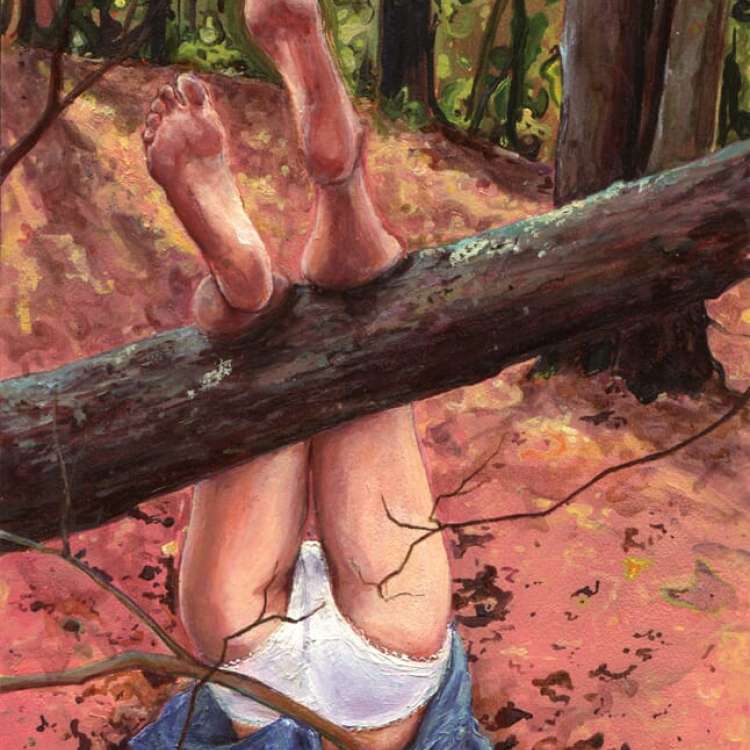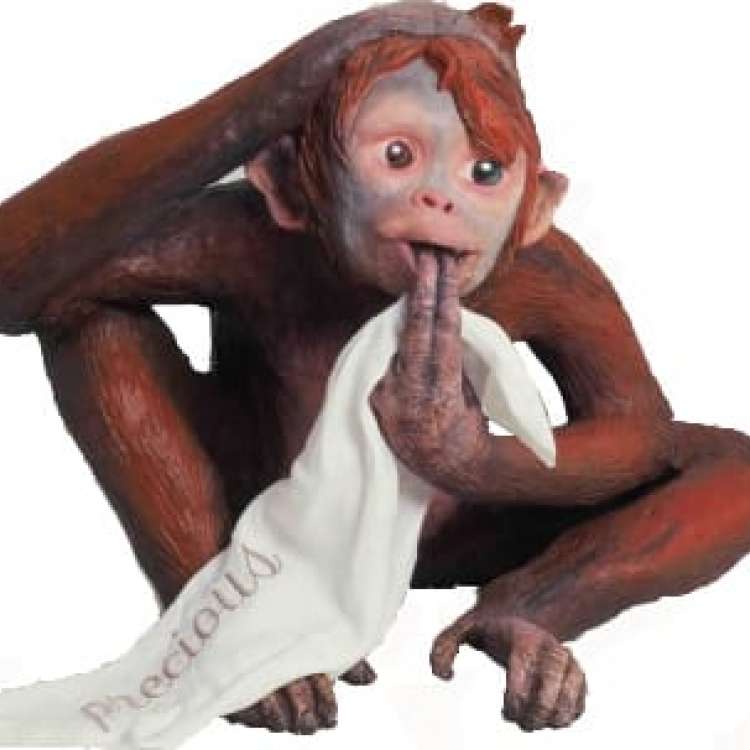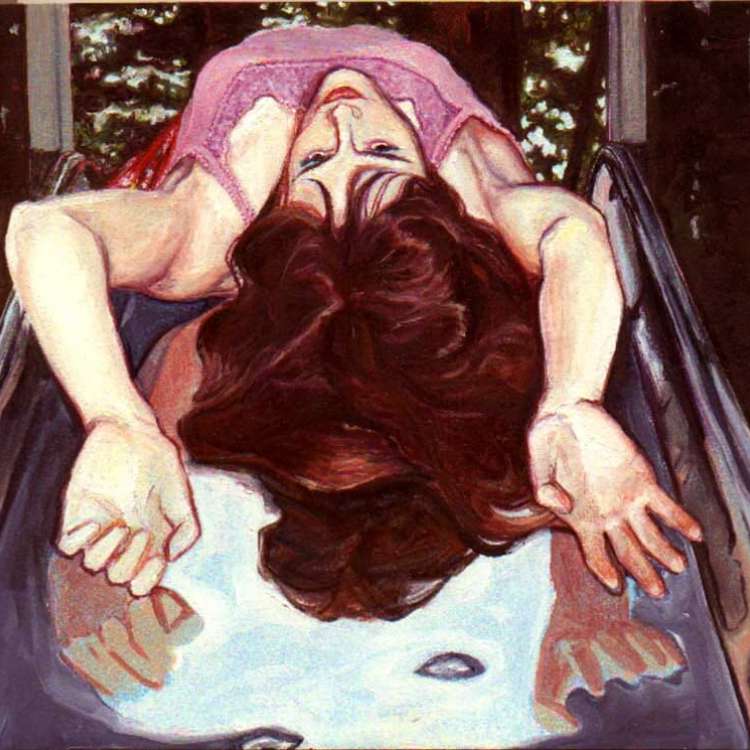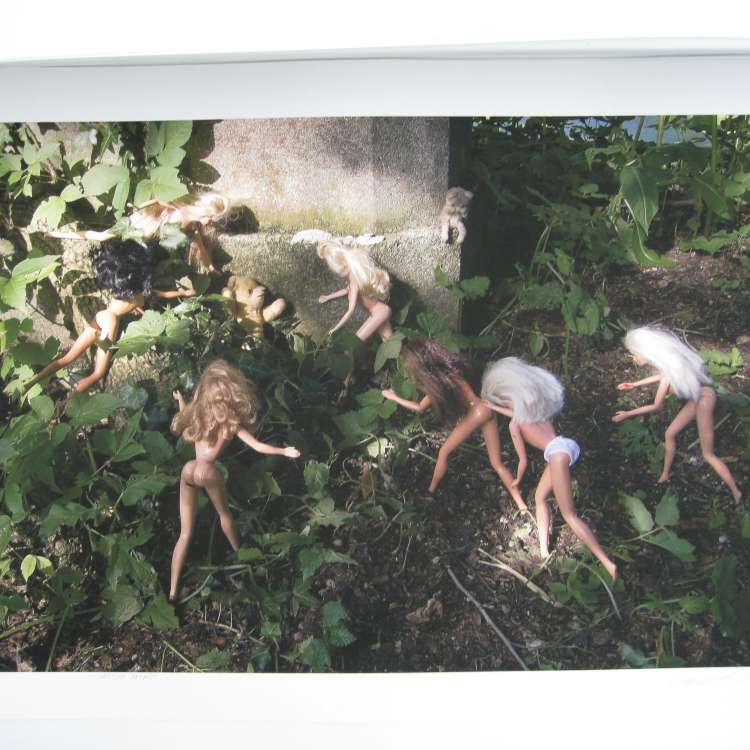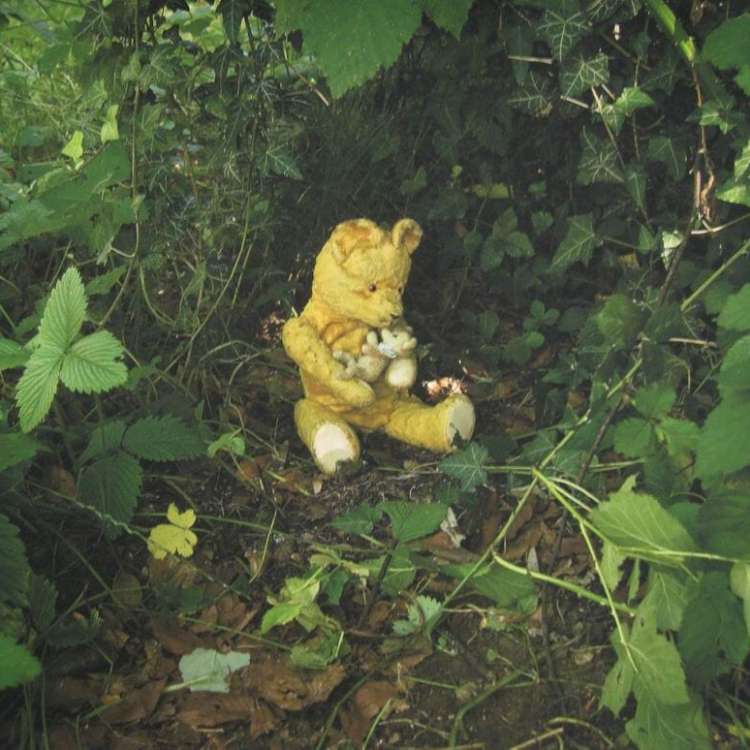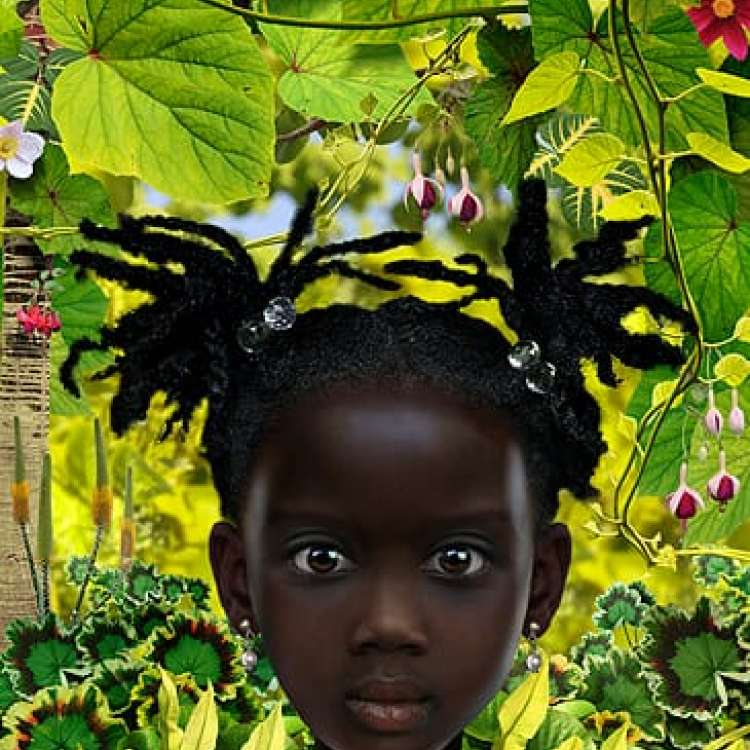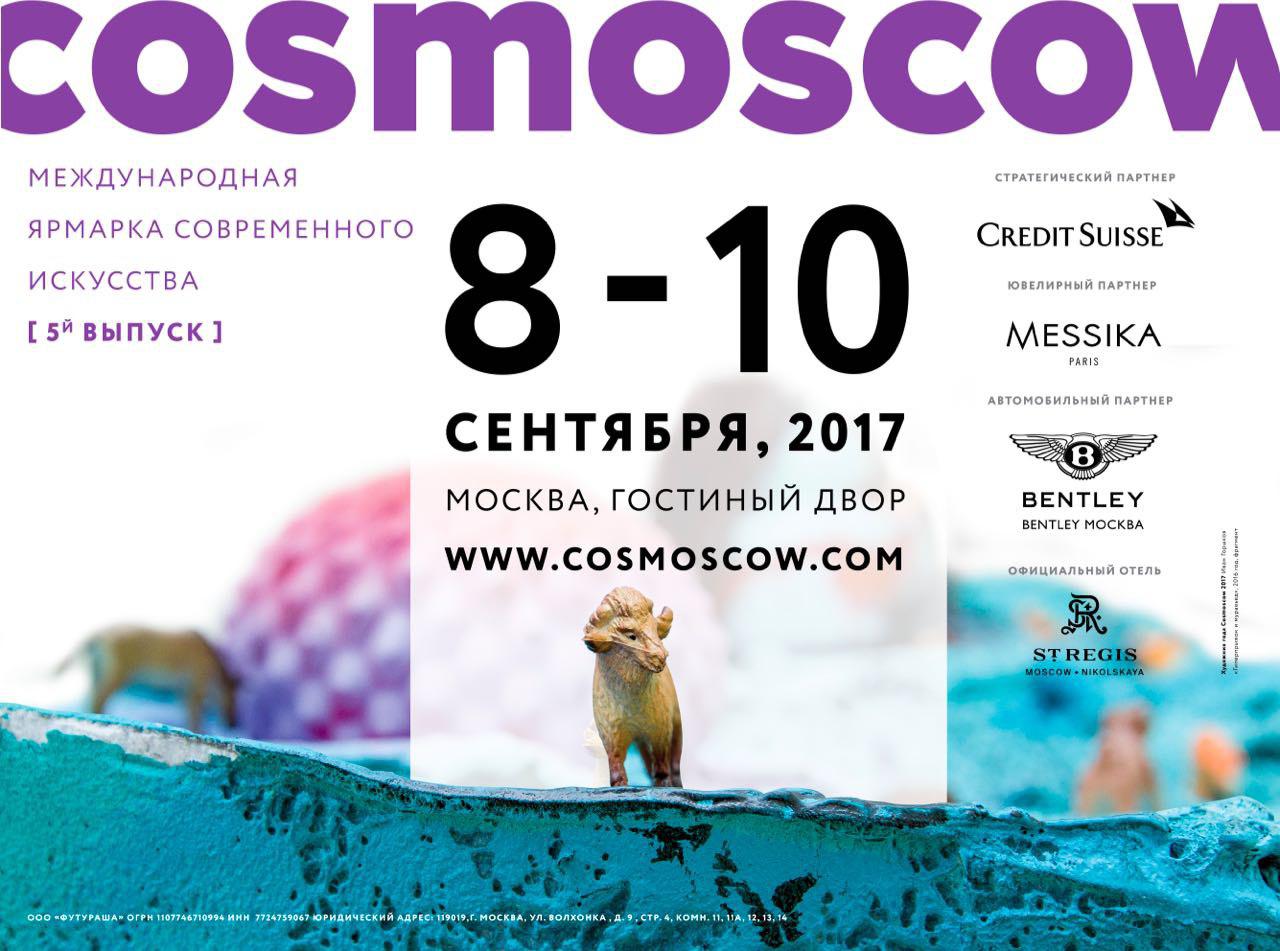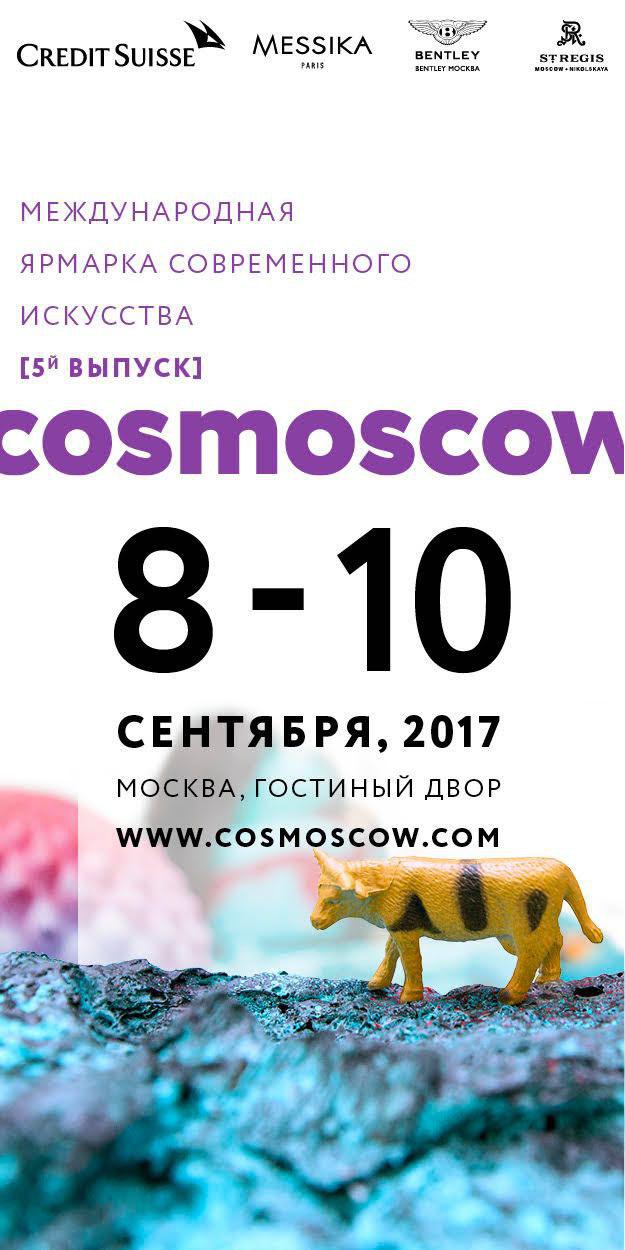The unifying idea of this exhibition is the experience of innocence and its destruction – the beauty and sincerity of childhood as it encounters the real world, full of wars and disasters.
Included are works by four artists from the Netherlands as well as two from Russia, all using a variety of techniques in their work.
The Playground of Russian artist Alexander Zakharov makes up for the lack of a child’s bright and enthusiastic impressions – defenseless toy men as if stuck to a bright and dangerous reality .
The work of Dutch Sculptor Harma Heikens provides an even more realistic sense of sincerity and violence. In her playground we find charming figures of little girls who are faced with the brutality of life all around them.
The Playground of Dutch photographer Ruud van Empel presents us with a collage of a fantasy world: paradise and its inhabitants – gods, goddesses, heroes, all embodied in the fragile and innocent bodies of children.
Also touching on the sensitive topic of childhood is Dutch artist Amanda Besl. Her work is a projection of youthful attitude, a string of metaphors based on sincere childhood experiences, a story of the passions and obsessions of youth.
Opposite in scale, though just as strong and vivid, is the work of artist Marina Fyodorova of Russia. A beautiful girl in the background of an explosion, shot and framed in the alienated style of French New Wave film posters, the recounting of advertisements in the cold language of pop art and quick magazine illustrations, capturing the light shimmer of fashion – everything here is realized in the firm, beautiful handwriting of the artist.
Dutch sculptor Mitsi Gryunendayk’ s Playground resides in a slightly different region. She studies the history of the relationship between humans and their predecessors, the primates. From long ago, in Egypt and China, India and South America, monkeys have symbolized wealth and prosperity, they have been attributed such characteristics as spirituality, wisdom, cunning and love of carnal pleasures. However, over time the traditional respect for monkeys has undergone significant changes. In the modern Western primates are now seen as merely pathetic, uneducated ‘humanoids’, suitable only as objects of medical and biological research.

